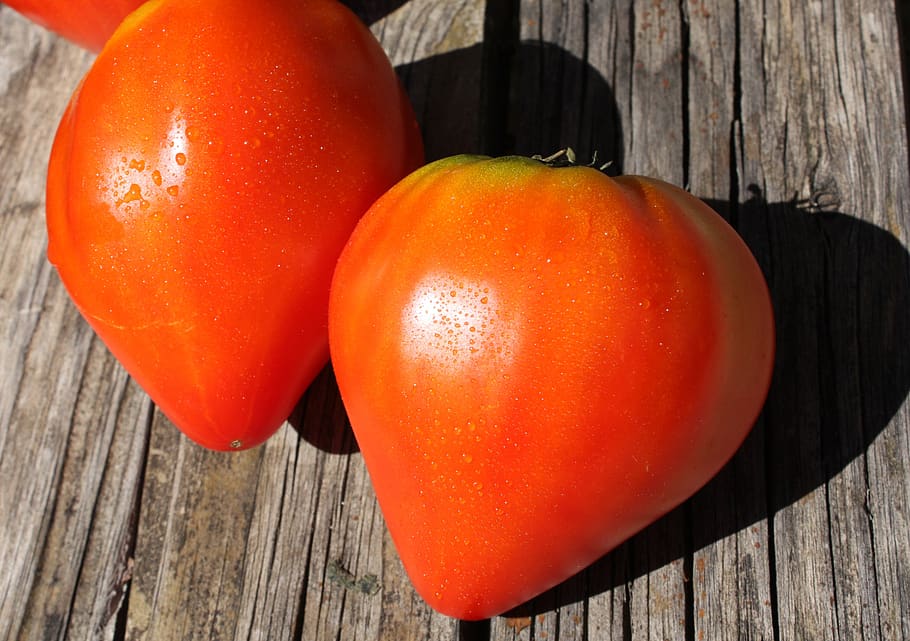A Quick Overview on Types of Rope
At first glance, rope may seem to be a very basic and simple item. However, it can be a very complex item, depending on what type of rope you are using. Not all ropes are designed for the same purposes and are made from identical materials. We have several types of rope from manila hemp to polypropylene and nylon, and they’re all created with a specific purpose in mind. Knowing the types of rope and what each one is used for is key when picking the ideal rope for whatever job you need it for.
Manila Hemp
Manila hemp is a natural fiber rope. It is created from the fibers of the abaca plant, which is native to the Philippines. It is naturally water-resistant, making it the ideal rope for both outdoor and marine-related applications. It is not stretchable, and it has a great amount of strength. It is most commonly used in areas that require a strong, durable rope, such as tugboats and sailing ships. Because of its strength, it is also used for pursuits such as rock climbing and rappelling.
Jute
Jute rope is also a natural fiber rope but made of jute fibers from the jute plant. It is a relatively weak rope and is best for light-duty projects such as gardening and crafts. It is water-resistant but not waterproof, and it usually has a yellow-brown hue. It is best used in situations that do not require high performance.
Polypropylene
Polypropylene rope is a synthetic material. It is lightweight, floatable, and waterproof. This rope can be used in a variety of situations from marinas to docks, and the manufacturing process results in a rope with no knots or splices for a stronger and smoother construction. It is slightly elastic, which can absorb some shock, making it a great choice for suspending loads and fishing line. Additionally, it has a higher flexibility than other types of rope.
Nylon
Nylon rope is a synthetic material created from polyamide fibers. This rope has a high amount of breaking strength, which makes it a great choice for jobs that require supporting a lot of weight. It is also very elastic, which can absorb shock and also provides resistance against abrasion. The elasticity also makes it a good choice for stretching rigging and line. Nylon rope can also withstand high temperatures, making it the ideal choice for many types of industrial and agricultural uses.



